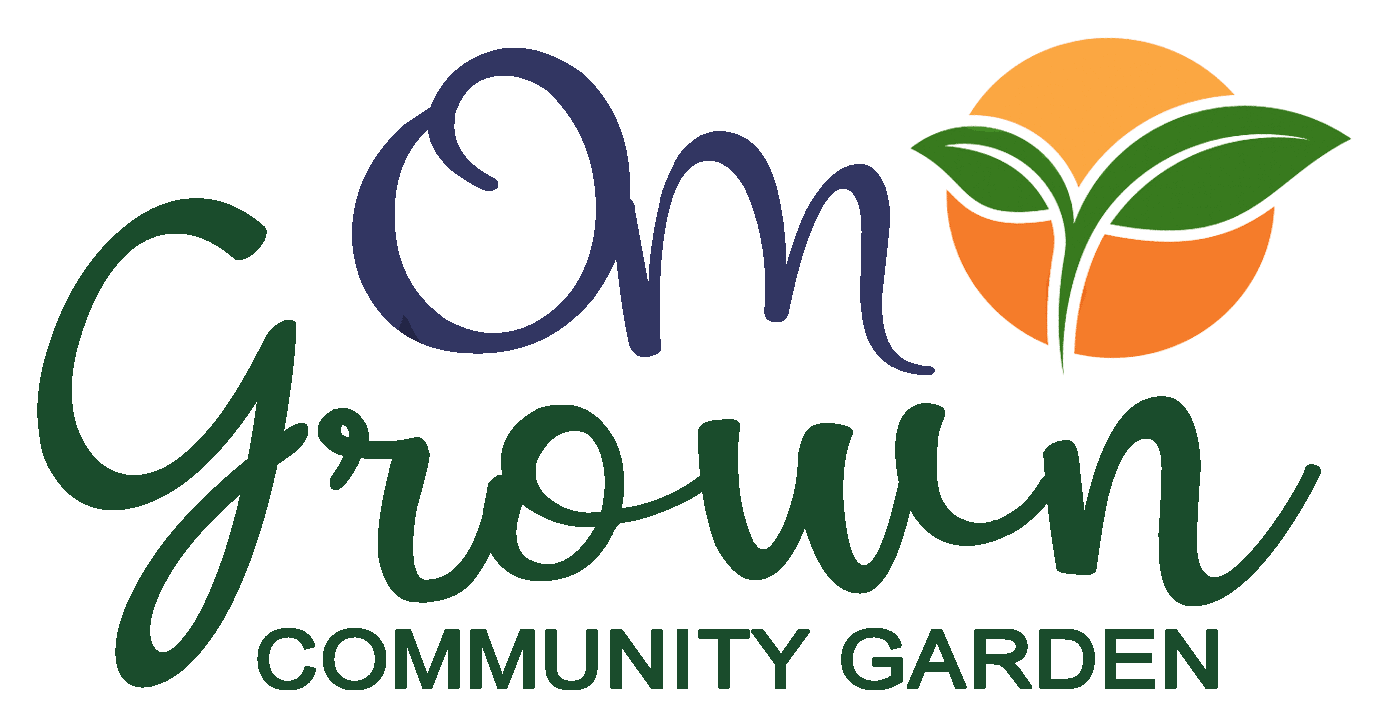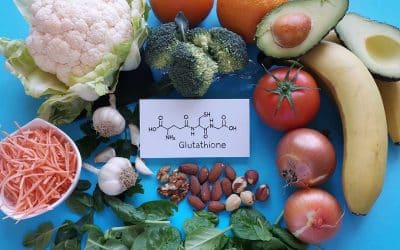Table of Contents
A Brief History of Vitamin C
Historically, thousands of years BCE, healers from different cultures including Mesopotamia, Egypt, Italy, Greece and Asia were all working intuitively via natural means to procure health. Despite the lack of technology of the past few centuries, humans were able to discern the need for plants to keep their health vibrant.
In 400 BCE, Hippocrates knew that plants were to be used to combat the signs of what we know now as vitamin C deficiency or scurvy. In the 16th century Native Americans knew to heal the visiting explorers who were afflicted with scurvy using the bark of a tree. As a result of hundreds of sailors developing scurvy with vitamin C deficiencies in the 16th through the 19th centuries, the use of lemon and lime juices were added to the diets on the sailing ships, thanks to Dr. James Lind, a British naval surgeon (1747).
The word “vitamine” was not coined until 1912 by a Polish biochemist Casimir Funk referring to an organic (composed of living matter) compound that is essential to human biological function. It was discovered that humans (guinea pigs, bats, and primates as well) could not self-manufacture these substances and therefore are considered essential in their diets. In 1930 vitamin C – the scurvy-fighting wonder – was isolated from lemons and named by chemist Dr. Albert Szent-Gyorgyi.
The Significance of Vitamin C
Dr. Linus Pauling – another scientific giant of this time – further proved the significance of vitamin C (aka ascorbic acid). Dr. Pauling validated that this vitamin had even more properties that are extremely valuable for immunological fortification and defense of the body. His work revealed how higher levels of vitamin C were instrumental in slowing the ravages of AIDS, cancer, common cold, and other viruses. The vitamin serves as an antioxidant and an enzyme cofactor, both of which are necessary actions to stimulate white blood cells to release substances like peroxynitrite, superoxide dismutase, and cytokines to clean up free radicals and microbial invasions. Interestingly, the human cellular glucose transporter, Glut-1, will accept both glucose and ascorbic acid- with a higher affinity for glucose- but when there is a viral or microbial insult, ascorbic acid will be readily absorbed to defend the body. A life-saver for sure!
When we talk of vitamin C, the letter “C” stands for collagen or citrus, and the former requires the latter for its production in the body. Collagen is a major structural protein found in skin and other connective tissues. Citrus is a subcategory of fruit that includes lemons, limes, oranges, grapefruit, citron, kumquat, and many more around the world. Vitamin C is also found in significant amounts in coriander, paprika, green chili pepper, guava, papaya, sauerkraut, bell peppers, strawberries, cantaloupe, kiwi fruit, potatoes, tomatoes, broccoli and all members of the Brassica family. It is not found in most meat and the little that does exist in raw liver, dairy milk, roe, and eggs is not recommended by this author.
Vitamin C in our Everyday Lives
Vitamin C must be taken daily in the diet via whole food through the digestive tract for the maintenance, growth and repair of skin, gut, bones, teeth, cartilage, tendons, ligaments, blood vessels, spinal discs as well as for the prevention of a myriad of diseases. In other words, our bodies cannot heal or survive without this nutrient.
What are the signs and symptoms of vitamin C deficiency? If you are experiencing fatigue (increasing lack of energy and tired) unrelated to a sleep deficit, unexplained easy bruising, purple spots on the skin, high blood pressure, bleeding gums, loosened teeth, joint pain, anemia, mood swings, memory or mental decline, muscle aches and recurrent infections with high susceptibility to infections, you may very well be lacking this essential nutrient.
Vitamin C repletion is critical, very safe, and has little or no side effects.
For those who are unaware, the US RDA (recommended daily allowance) for vitamin C is 75mg for non-smoking adult ladies and 90mg for men. This was found as a result of studies many years ago involving prevention of scurvy and very basic functions. These amounts – in this author’s viewpoint – are quite insufficient for full defense and protection of the body. There are many reasons for this. For instance, when the body is afflicted with a virus, the use of several grams of supplemental ascorbic acid has been shown in a number of studies to slow or blunt the course of an illness. Inflammation in heart disease or autoimmune disorders can cause oxidative stress and release of free radicals leading to vitamin C depletion.
Heavy metal exposure can also deplete vitamin C. Medications like oral contraceptives, anti-hypertensives, antacids, barbiturates, anti-anxiety meds, antibiotics, steroids and non-steroidal anti-inflammatory agents such as ibuprofen, meloxicam, and aspirin can cause considerable vitamin C (and other nutrient) deficiencies. Smoking depletes vitamin C.
In all the above mentioned, vitamin C repletion is critical. And, it is very safe with little or no side effects. Unfortunately, the average unsuspecting person is completely unaware of any of this information because it is generally not discussed in medical arenas or endorsed as an effective treatment. If one is concerned that she/he may be experiencing a deficiency condition, a health care professional should be consulted.

If higher doses are needed and cannot be readily accomplished with oral intake, another route of administration is parenteral, i.e. via intravenous infusion. This is done with a physician or licensed professional who is trained to use infusion therapy. The vitamin would be prescribed as part of a health and wellness program. The higher amount or dose of the vitamin serves to boost immunity as well as help remove excess toxic metals from the body such as lead, cadmium, mercury, and arsenic. It can also remove excess calcium that may be accumulating in sites other than the bones such as arteries, gallbladder, kidneys, and gut. Other agents such as EDTA are also used in chelating (removing) heavy metal buildup in the body.
In these disturbing times, it is important to know what you can do to help protect and preserve your health and those you love. Vitamin fortification is a safe, fairly easy and healthful approach. Infusions are done in a comfortable, inviting atmosphere surrounding by nature at the WellCome OM Integral Healing and Education Center in Spring Hill.
For more information on vitamin C infusions or a consultation with a naturopathic medical doctor, visit the WellCome OM Center located at 4242 Lake in the Woods Drive, Spring Hill, Florida, 34607. The phone number is (352) 600-4242.





